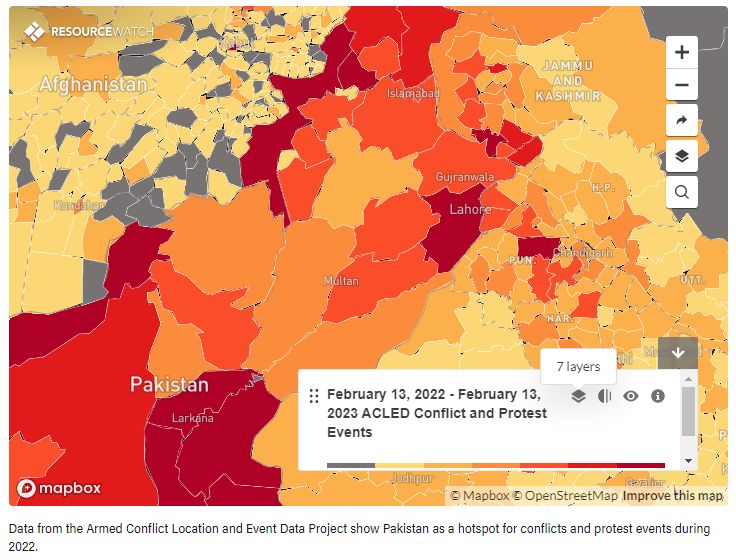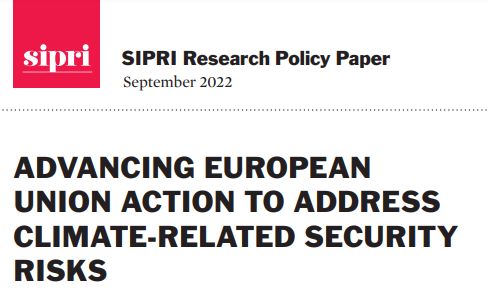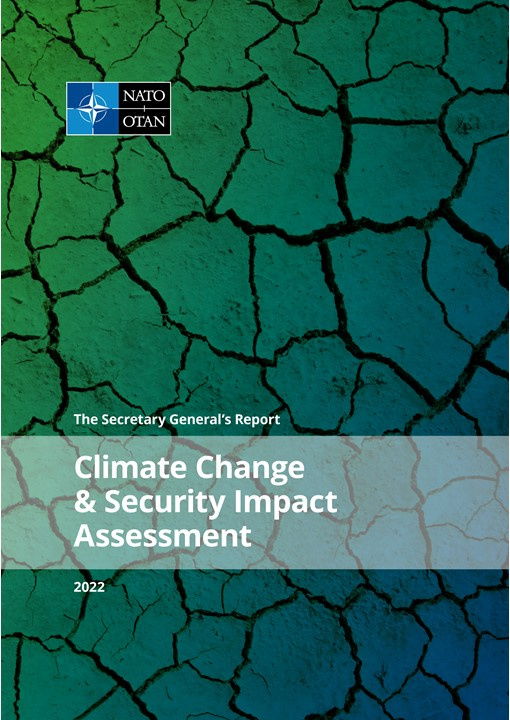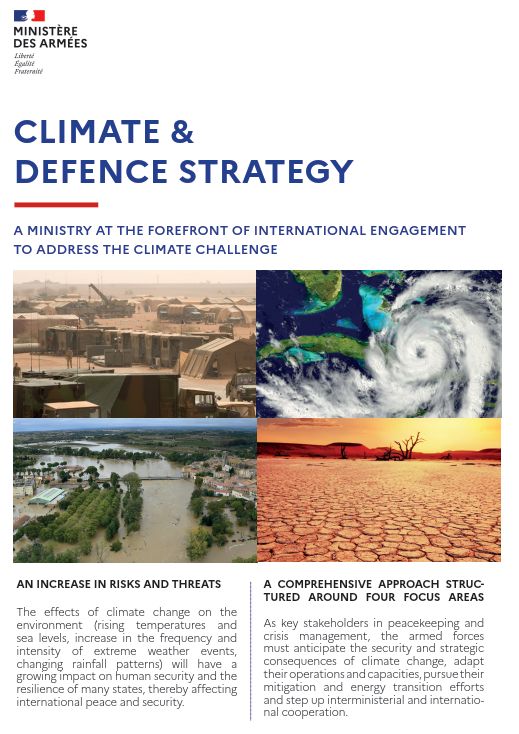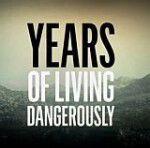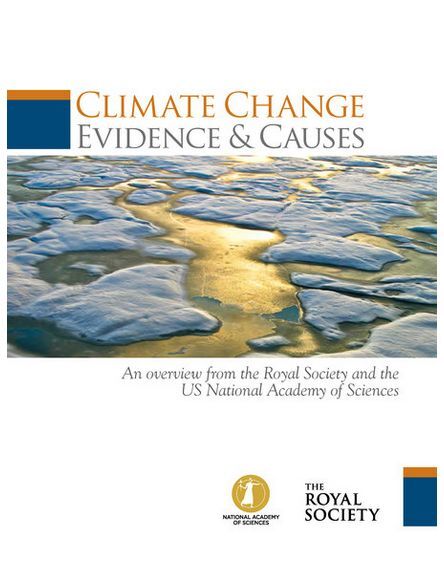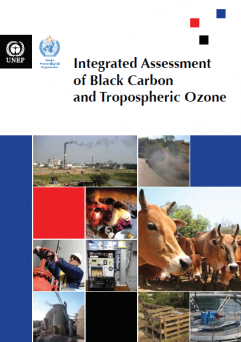MORE RESOURCES
Washington D.C., 14 February 2023 - In a feature article published by today by the World Resources Institute the authors explain How Floods in Pakistan Threaten Global Security. The article informs us in explicit detail why floods are a growing threat in Pakistan, how flooding and other water risks create instability, how instability threatens national security and how decreasing water stress can boost Pakistan’s stability.
Read MoreSeptember, 2022 - This SIPRI Research Policy Paper assesses the priorities of selected European Union (EU) member states regarding climate-related security risks, explores their strategies for pursuing these at EU level and identifies steps for further action
Read MoreNATO - 28 June 2022. According to the Executive Summary, "This Climate Change and Security Impact Assessment (CCSIA) responds to the demand for increased Allied awareness concerning the impact of climate change on security.
Read MoreParis, 28 April 2022 - With this Climate & Defense strategy, the Ministry of the Armed Forces is continuing and deepening this approach to make the armies a committed actor in taking into account the climate challenge.
Read MoreHollywood celebrities and journalists explore the issues of climate change and cover intimate stories of human triumph and tragedy.
Read MoreClimate Change: Evidence and Causes is a jointly produced publication of The US National Academy of Sciences and The Royal Society. Written by a UK-US team of leading climate scientists and reviewed by climate scientists and others, the publication is intended as a brief, readable reference document for decision makers, policy makers, educators, and other individuals seeking authoritative information on the some of the questions that continue to be asked.
Read MoreFollowing the publication in 2008 of the National Intelligence Assessment on the National Security Implications of Global Climate Change to 2030 the National Intelligence Council (NIC) embarked on a research effort to explore in greater detail the national security implications of climate change in six countries/regions of the world: India, China, Russia, North Africa, Mexico and the Caribbean, and Southeast Asia and the Pacific Island States.
Read MoreThis assessment report looks into all aspects of anthropogenic emissions of black carbon and tropospheric ozone precursors, such as methane. It analyses the trends in emissions of these substances and the drivers of these emissions; summarizes the science of atmospheric processes where these substances are involved; discusses related impacts on the climatic system, human health, crops in vulnerable regions and ecosystems; and societal responses to the environmental changes caused by those impacts.
Read More